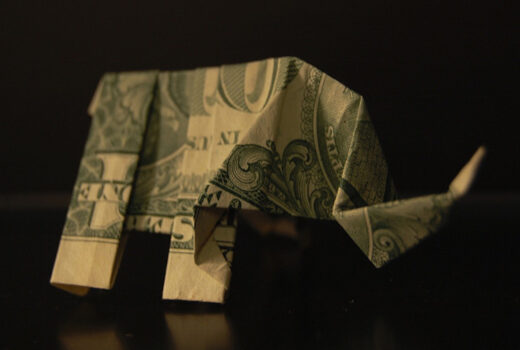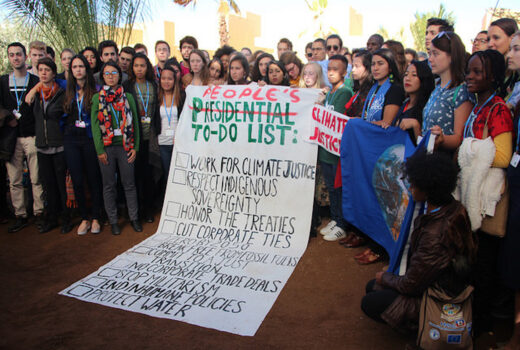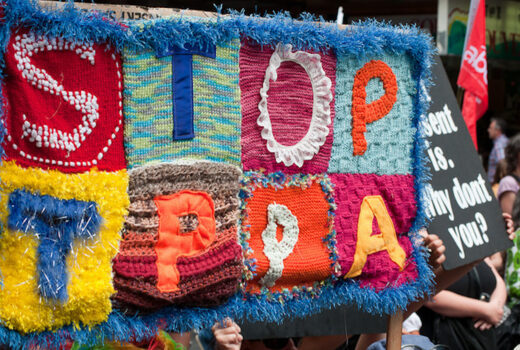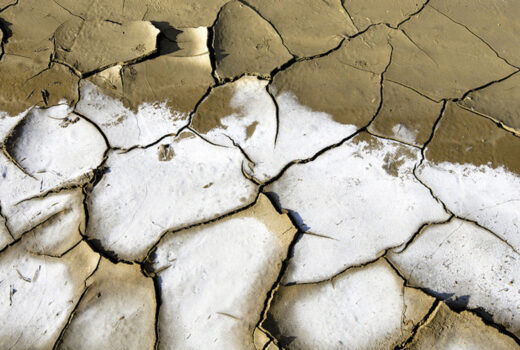The elephant in the room: What Trump, Clinton, and even Stein are missing
Article / 30th November 2016Though it is a defining issue of our time, politicians who depend on corporate money and media dare not mention the growing power imbalance between corporations and governments and its sweeping implications, writes David Korten in YES! Magazine.
Global climate justice movements refuse to be overshadowed by election of climate change denier to U.S. presidency
Article / 21st November 2016The following collective statement was issued by organisations, networks, and movements gathered in Marrakech at COP22, in response to Donald Trump becoming President-Elect of the United States of America and its potentially devastating implications for the cause of climate justice.
Human rights must be Integrated Into international investment agreements
Article / 21st November 2016In the following statement from human rights and other civil society organisations, governments are urged to place human rights at the core of international investment and trade agreements – and therefore reject any proposed agreements that do not meet this essential requirement.
The struggle continues for a binding treaty to #StopCorporateAbuse
Article / 5th November 2016A binding treaty to regulate the activities of corporations could provide a vital counterpoint to controversial free trade and investment agreements, with potentially radical implications for a new international political, economic and legal order.
Wealthy countries doing ‘nowhere near enough’ to help poorest cope with climate change
Article / 31st October 2016Wealthy nations are doing “nowhere near enough” to help the world’s poorest people cope with the effects of climate change, Oxfam has warned after 38 developed countries claimed they were on track to meet their pledges to provide aid.




